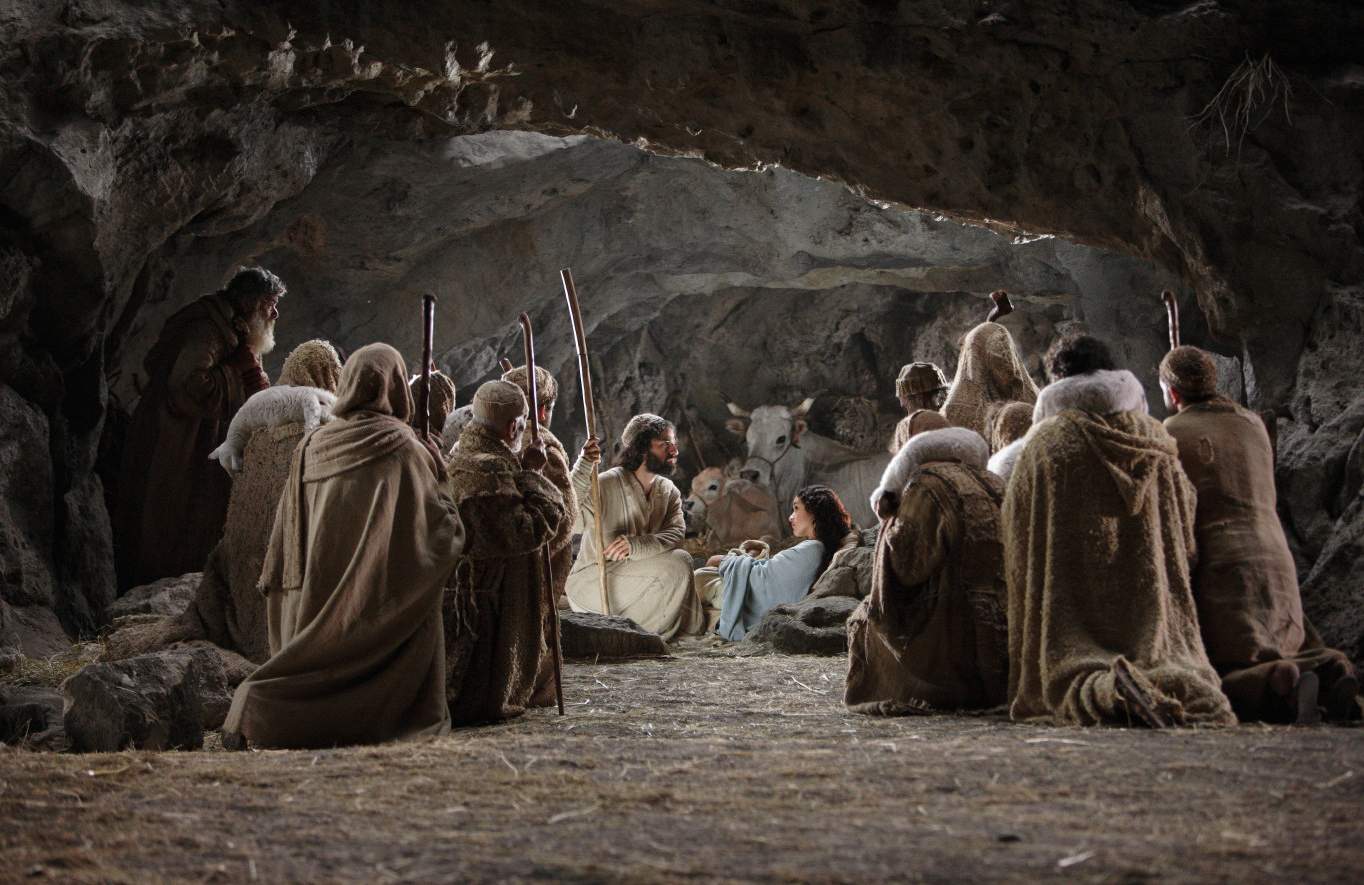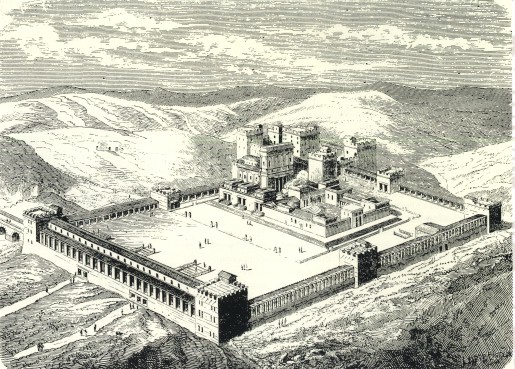Why "the publican"? Well, Adam answers that in his own words:
In Luke 18:9-14 we find a parable written to those who trusted in their own goodness and righteousness. Jesus proceeded to tell these prideful people that it was the Publican (the sinful tax collector) who was justified by faith rather than the Pharisee (the seemingly proper, collected, squeaky clean religious man). Why? Because while the Pharisee was publicly boasting of his own goodness the Publican shows us the definition of godly humility and repentance by not even being able to lift his head to heaven but rather beating on his chest screaming “Lord, be merciful to me a sinner!”Go check it out: The Publican. It would be a good thing to start reading for the new year.
So why name my blog The Publican? Simple. It is a straight forward statement of who I am, who I know myself to be, and why I love Jesus Christ, the God-Man so very much. If it weren’t for the righteousness of Christ I have no hope nor plea. The new look to the blog is simple to focus on content but don’t worry, all those precious little sidebar widgets are at the bottom of the page, so be sure to check them out. Every time you come here and read something on my blog I want you to be reminded that you are reading the the thoughts of a mere Publican pilgrimaging on a path to paradise found in Christ. I happily boast of being morally bankrupt. May you join me in the Publican’s refrain and find that the end of yourself is the start of everything God has for us in Christ:
“Lord be merciful to me a sinner.”
Lord, like the publican I stand,And lift my heart to Thee;Thy pardoning grace, O God, command,Be merciful to me.I smite upon my anxious breast,Overwhelmed with agony;O’ save my soul by sin oppressed,Be merciful to me.My guilt, my shame, I all confess,I have no hope nor pleaBut Jesus’ blood and righteousness;Be merciful to me.Here at Thy cross I still would wait,Nor from its shelter flee,But Thou, O God, in mercy great,Art merciful to me.(Thomas Raffles, 1831)
By His Grace,
Taylor














